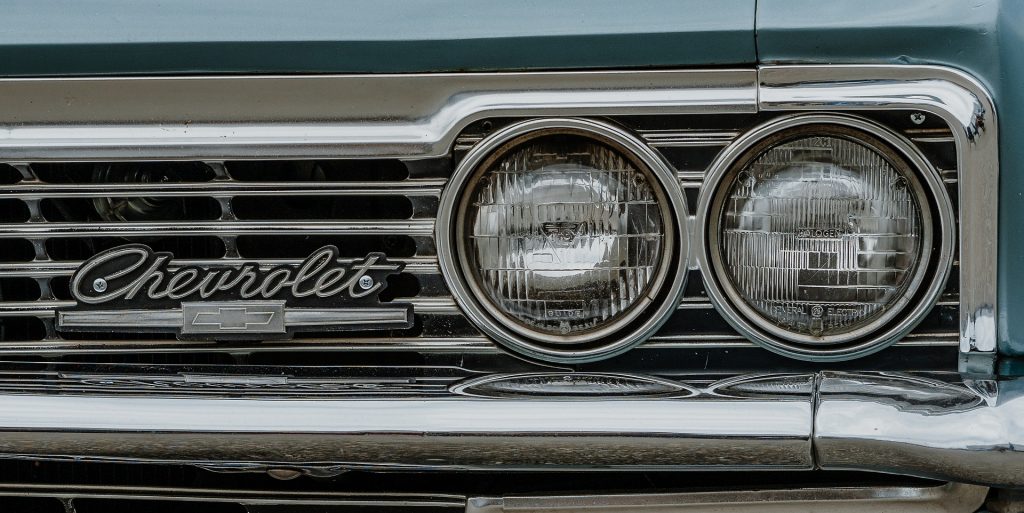
A defective vehicle that can’t be fixed despite multiple repair attempts and that has a defect that only puts the driver at risk but also decreases the value of said vehicle is a lemon. The Texas Lemon Law provides protection for the vehicle owner and can require the manufacturer to buy back the defective vehicle.
This law covers cars, trucks, SUVs, RVs and towable recreational vehicles. Those interested in more eco-friendly models may be relieved to hear that electric cars are also covered under the Texas Lemon Law. Motorcycles meet the criteria of road-legal vehicles with a motor as well, which is another group of vehicle owners that can rest easy in that knowledge.
Typically, a repurchase means the vehicle owner gets their down payment, all monthly payments made (this includes tax and finance charges) and a prorated portion of the registration – minus a usage fee. Also, the loan on the vehicle is paid in full.
What happens to that vehicle after the owner is paid for the repurchase?
The vehicle manufacturer is required to register and title lemon vehicles as such, and also they are required to complete repairs. This all must occur before the vehicle is listed for sale again. Then, and only then, can the vehicle be driven on a public roadway.
For those who purchase vehicles from used car lots, it is wise to get reports on the car’s history for this very reason.
For more information on arbitration and other frequently asked lemon law questions, click here.
The lemon laws for different states vary. However, it is required to reach out to the state’s Department of Motor Vehicles to change the title and vehicle registration. It is also important to know that, once added, the lemon designation cannot be removed from the vehicle’s history report anytime in the near future.
These reports provide you an accurate picture of the vehicle’s issues. While the manufacturer or dealer is required to comply with state guidelines and share all repairs made to the vehicle up to this point, the likelihood is that the report will have accurate facts in black and white while a verbal review may miss something.
As a potential buyer on a used car lot, it is very important to know that some vehicles may be lemon law buybacks. Therefore, if you are not properly informed with searches of the vehicle’s history report and a once-over from a mechanic, you could possibly get saddled with a lemon with no protection from the Texas Lemon Law.
Shopping for a vehicle that is brand-new, or new to you, means researching and understanding the best vehicle for your budget, your needs and your family.
Meanwhile, you need to understand the Texas Lemon Law and what protection it gives an auto buyer in the state of Texas.
Keep in mind that the primary criteria for a vehicle eligible under the Texas Lemon Law is that the vehicle is covered by original warranties from the dealer and/or manufacturer. This can be a vehicle that is new off the lot or a vehicle that is used by still remains covered by original warranty.
Think you have a lemon, click here to fill out a 30 second form
In Texas, the defect must appear within the first 24 months or 24,000 miles. It must be something significant enough to decrease the value of the vehicle and to put the driver’s life at risk.
The issue with the vehicle must persist despite four or more visits to a mechanic. Keep track of service reports and/or any written communications regarding these visits to a service department. It must be clear that the same issue is the reason for all visits.
Also, it is key to let the manufacturer know that these visits have occurred, with no satisfactory results. Letting them know in a way that can be proven (aka documented) is wise as well. This must occur within six months of the end of the first 24 months or the first 24,000 miles driven.

A vehicle that is covered under the Texas Lemon Law must sit idle for 30 days or more with the vehicle owner not provided a loaner vehicle to drive during that period. Those 30 days or more do not need to be consecutive, but they do need to fall within the first 24 months of ownership or the first 24,000 miles driven. This is a common criteria for vehicles covered under the Texas Lemon Law, so it pays to be aware and keep close track of the timeframe from driving off the lot until that period of ownership comes to an end.
If the vehicle meets these criteria and, preferably, that can all be proven with documentation, the next step is the complaint. It must be filed and the fee paid (online is the easiest method for this). The complaint is filed through the Texas Department of Motor Vehicles, as they have a special department that oversees the Texas Lemon Law complaint process. This reduces the time from complaint to resolution and cuts down on time spent in the court system.
Mediation is the first step following the complaint. If the manufacturer/dealer and the auto owner cannot reach a satisfactory resolution between them, the next step is to schedule a hearing where both sides tell their story before an examiner. That examiner has 60 days to provide a written decision to both parties, which can be appealed by anyone who is unsatisfied.
Lemon laws are confusing. Read our guide to the lemon law process.
The three options for resolution if the case is found in favor of the auto buyer is as follows: replacement, repurchase or repair.
The auto owner’s financial commitment is considered, plus the loan is paid in full if repurchase is the option chosen by the examiner. This option was discussed briefly above.
If replacement is the option, then the vehicle value at time of purchase, plus the miles it has been driven since purchase, are factored in. No aftermarket additions are considered in the financial value to be met with a replacement vehicle.
Finally, repair is an option – which is completed at the expense of the manufacturer. Meanwhile, it is possible that the vehicle owner receives reimbursement for the previous repair trip costs with this option.
Purchasing a new vehicle is a smart move, as it enhances your chance of protection in the instance you happen to have a lemon on your hands. Meanwhile, purchasing a used vehicle increases your chance of purchasing a lemon that was a buyback case. This may or may not be handled properly and labeled as a lemon on the title.
Look into other potential issues with the specific make and model of a used vehicle, along with giving it a onceover for obvious issues with the odometer, tires or other parts of the vehicle that indicate its quality does not meet your expectations.
Vehicle buying means research and consideration and – above all – looking into the vehicle history before signing the dotted line and committing to monthly payments with no guarantee the vehicle will run on a daily basis.
Trust your instincts but be prepared with the amount you are preapproved for as a loan and the type of vehicle that best suits your needs on the road.
